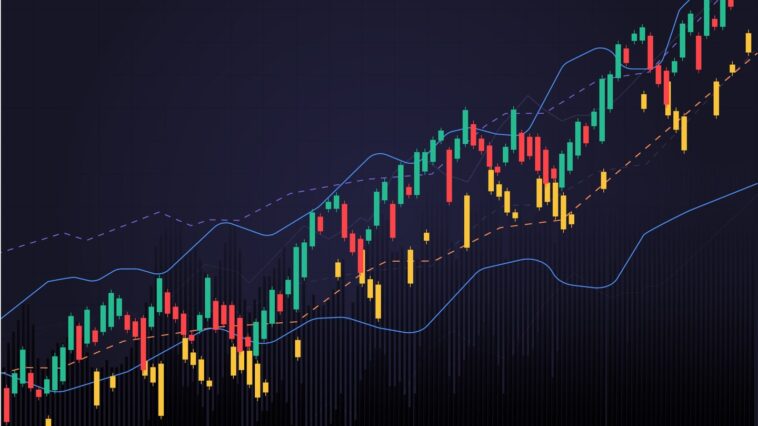Introduction
Momentum trading is a dynamic approach that profits from the continuation of current market trends. It’s a popular strategy among traders looking to capitalize on the momentum of an asset’s price movement. Let’s look at some momentum trading methods and see how they can be employed effectively in financial markets.
What is a Momentum Trading Strategy?
Momentum trading is based on the “momentum effect,” which asserts that assets that are moving tend to remain moving. Traders that use this technique look for assets that are building momentum and then enter transactions in the direction of that momentum. Moving averages, the relative strength index (RSI), and the moving average convergence divergence (MACD) are several indicators that help traders discover momentum.
How to use this strategy?
Let us first examine the various applications of the Momentum trading method. There are two options:
-
Short-term momentum trading
Short-term momentum traders are typically linked with traders who take intra-day trades and do not hold any positions overnight in order to avoid overnight risk and market volatility. These traders examine an asset’s hourly or half-hourly price movement to determine the direction of the price and place trades accordingly. Such a trading approach necessitates more active monitoring while also providing more frequent trading opportunities.
-
Long-term momentum trading
Long-term momentum traders are typically linked with those who hold positions for an extended period of time. These traders examine an asset’s daily, weekly, or monthly price movement charts to determine the direction of the price and then place trades accordingly. These traders strive to catch price movement over a long period of time by filtering out the noise of short-term price volatility. They frequently use this technical indicator in conjunction with fundamental analysis to gain a better knowledge of the asset’s price movement and to adopt an informed long-term position.
How does momentum trading work?
Momentum trading encourages a trader to enter a position when the asset is projected to demonstrate an upward trend and to quit the position when the asset is about to experience a trend reversal. This concept is founded on the assumption that assets typically take some time to reflect their true values, and traders might profit from such time gaps. To achieve the desired entry in an upward trend (downward trend), the trader will place an order above the CMP (below the CMP).
Also read :- How to Calculate And Tnterpret the Moving Average Convergence Divergence
Conclusion
Momentum trading is a strategy that can produce big returns for traders who know how to use it properly. You can position yourself to take chances in the volatile world of financial markets by understanding the concepts of momentum trading, selecting the correct assets, minimizing risk, and constantly fine-tuning your approach.







